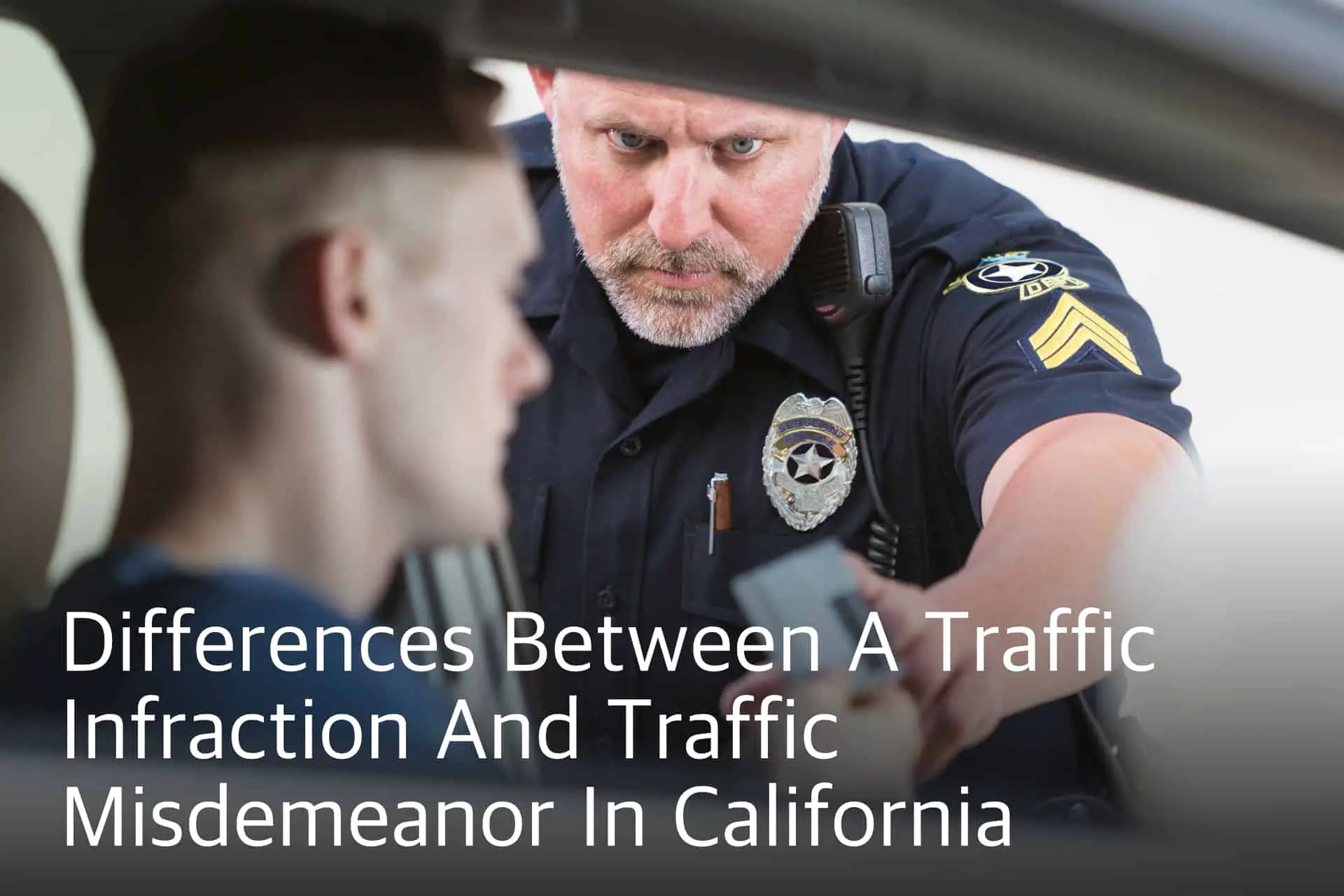When a DUI stop is made and an officer has probable cause that the driver is under the influence, the driver is deemed to have given his consent to chemical testing of his blood or breath under Vehicle Code § 23612(a)(1). Although firmly established as California law, recent US Supreme Court decisions have created some doubt as to the future of this so called implied consent law, especially so when the driver refuses to submit to testing.
Background
Forced blood draws were never routinely conducted in any police department, but the very nature of the invasiveness of the procedure raised criticism and legal challenges by Los Angeles DUI attorneys and civil libertarians alike. Courts ignored 4th Amendment arguments concerning unreasonable searches and 5th Amendment issues regarding self-incrimination, and instead emphasized that drivers had agreed to such a possibility by accepting the privilege of driving. A major case also cited the exigent circumstances in a DUI case; where a driver refused a test, the alcohol in his or her system may dissipate before the time required for law enforcement to obtain a warrant, thus losing evidence of the offense.
Evolving Standards
A 2013 US Supreme Court case changed the landscape by applying technological advancements to the equation in concluding that it is now possible to quickly obtain a warrant through electronic means, therefore removing the exigency factor that precluded a warrant.
Soon after that decision, a 2015 California Supreme Court case that examined a claim of a forced blood draw concluded that the specific facts before the Court were such that the defendant had given his consent to the blood draw. Therefore, the legal question of the necessity for a warrant was never addressed.
Distinguishing Breathe and Blood Testing
A 2016 US Supreme Court decision focused on states that make it a crime to refuse breath and blood tests under implied consent laws. Concerned with personal privacy and the intrusiveness of a blood draw, the Court ruled it was improper to criminalize a blood test refusal, but a state may permissibly do so for a breath test. One difference in California law in contrast to the states in question is that California’s implied consent laws do not create exposure to a violation of a separate offense. Here, there are increased penalties but you are not charged with a different crime. Moving forward, Los Angeles DUI attorneys are split on how they predict California courts will apply this new standard.




